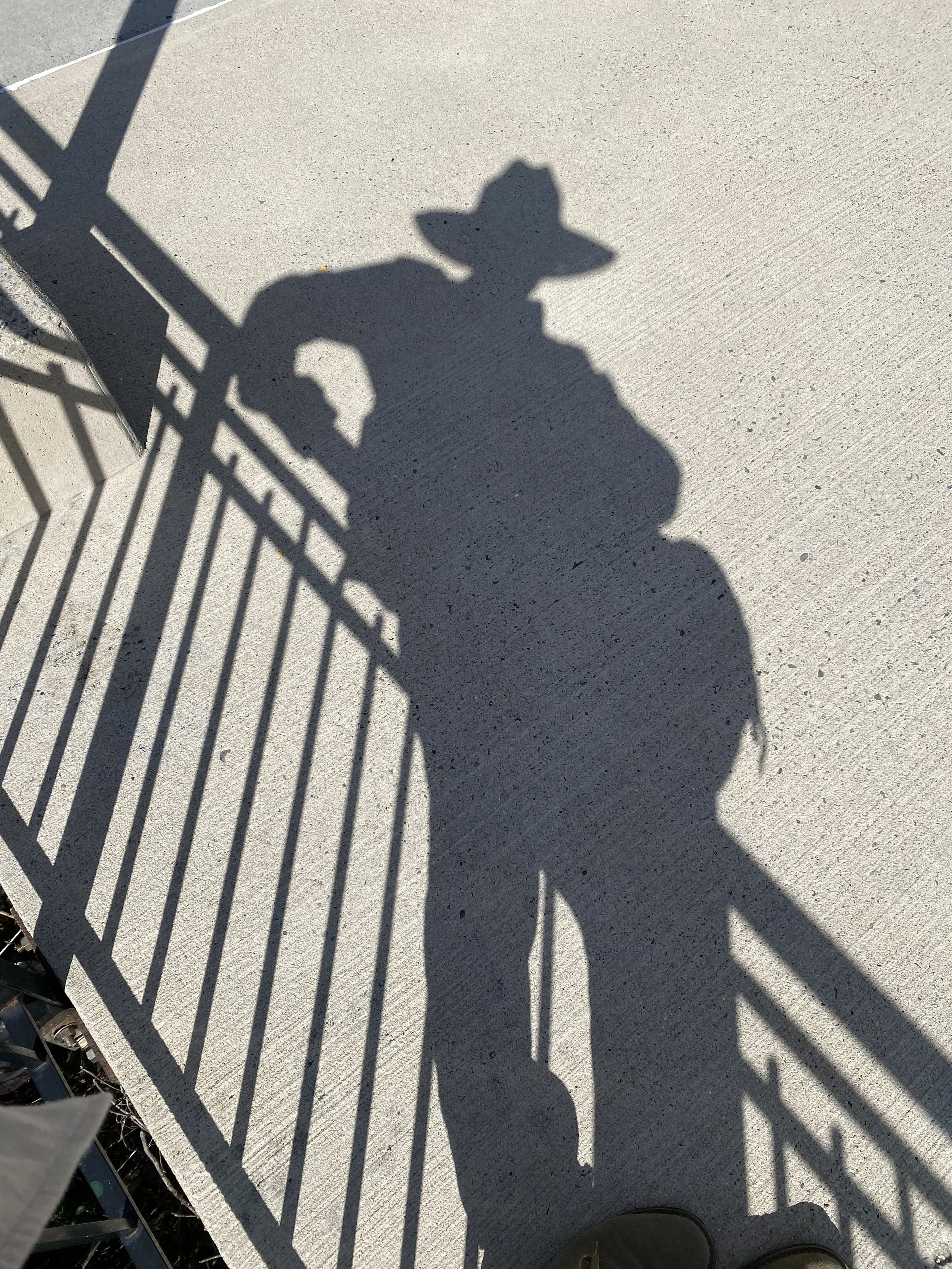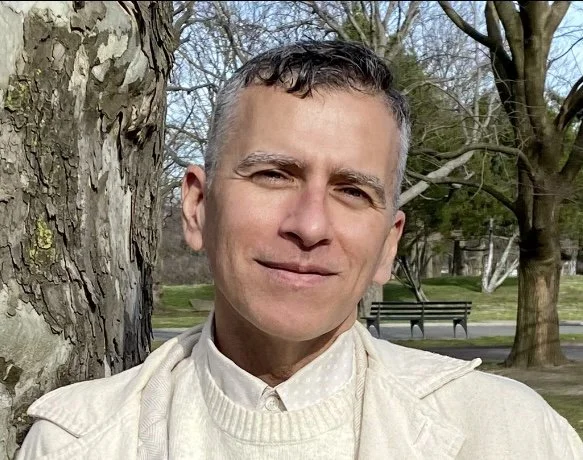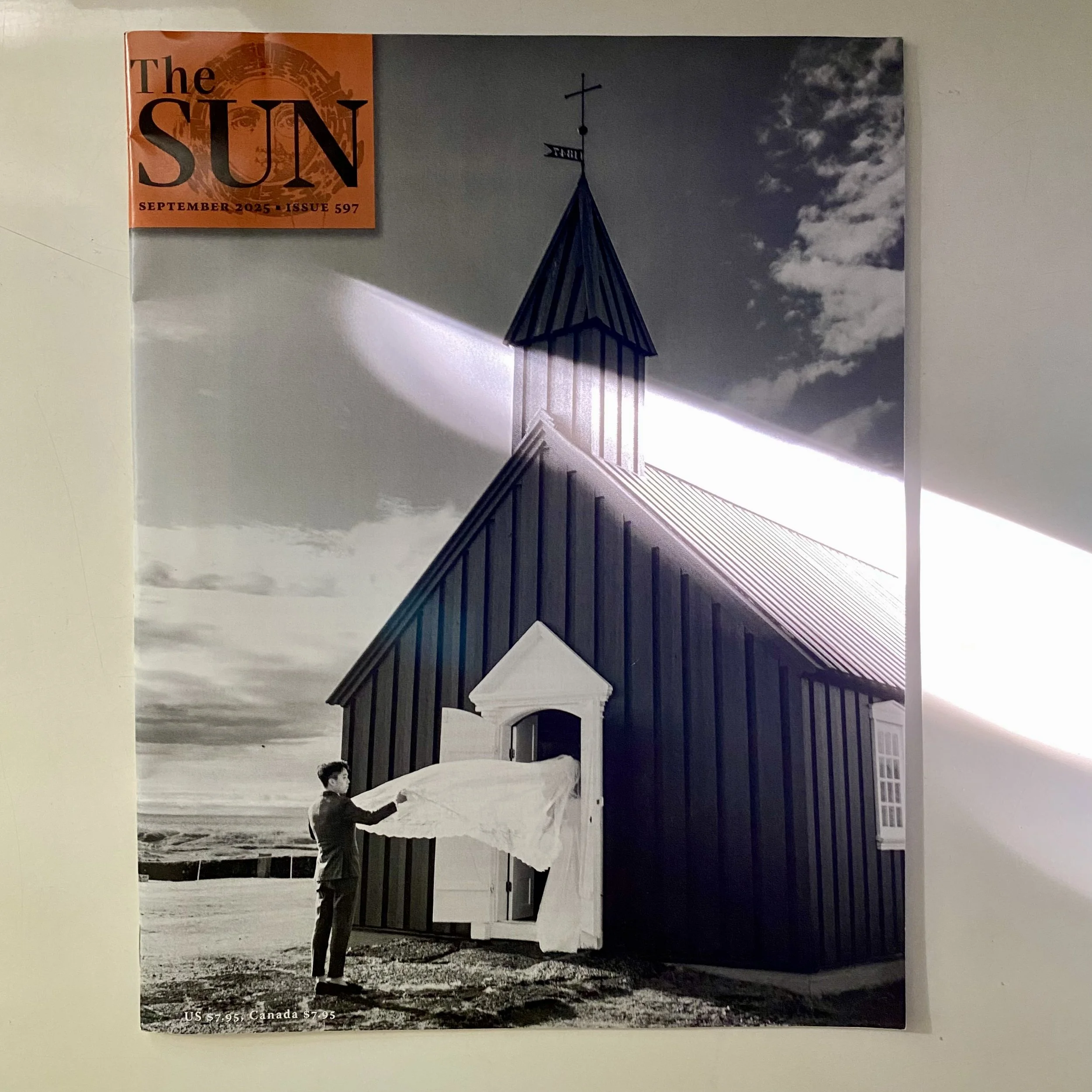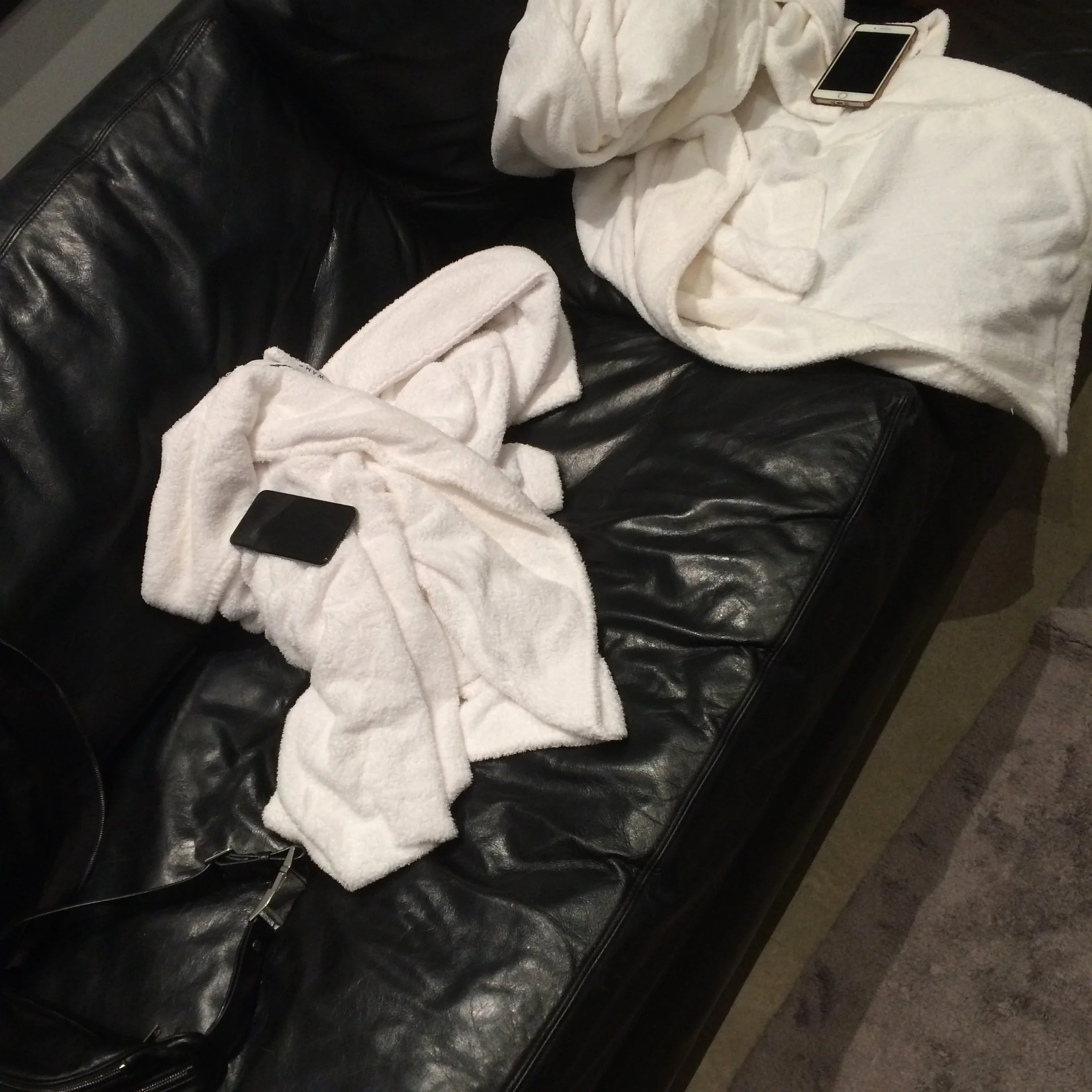Short Bio
Michael Quinn is a critic, essayist, and editor whose monthly column Quinn on Books appears in the New York neighborhood newspapers The Red Hook Star-Revue and The Village Star-Revue. He champions underrepresented voices, small presses, and LGBTQ+ literature, with work in The Sun, The Gay & Lesbian Review, Publishers Weekly, and other outlets championing literature and culture. His writing and commentary have also appeared in The New Yorker and The New York Times.
Michael Quinn, Photo credit: Rainer schulze
Long Bio
Michael Quinn is a Brooklyn-based critic, essayist, and editor exploring books, identity, and culture through a gay lens.
He examines how books shape culture, how queer narratives challenge dominant ideas, and how literature can expand the way we see ourselves—and each other.
His writing has appeared in The Sun, The Gay & Lesbian Review, Publishers Weekly, and more. A member of the National Book Critics Circle, he serves as writer and editor of Quinn on Books, his monthly column for the Brooklyn-based Red Hook Star-Revue and its sister paper, The Village Star-Revue. In this role, he selects and reviews fiction, nonfiction, and poetry, prioritizing local authors and books of local interest, alongside works that speak to the shared experience of city living. Michael’s deep affection for Brooklyn’s Green-Wood Cemetery—its beauty, mystery, and history—led to a published letter in The New Yorker. His work and commentary have also appeared in The New York Times.
Michael’s editorial expertise is grounded in professional training. He is a graduate of New York University’s certificate program in copyediting, proofreading, and fact-checking, and has years of hands-on experience selecting, shaping, and covering literary work.
Beyond the page, Michael brings narrative clarity to organizational storytelling. His award-winning, documentary-style video series illuminates the choices behind nonprofit employees’ commitment to serve.
At the heart of his work is the belief that stories don’t just reflect the world—they have the power to shape it.
The Backstory
A fashion career begins with a personal uniform, a lucky break—and a quick cover-up Read my account of “getting dressed” in the sun.
My first job was in publishing. I had two bosses—one a gay man, the other a lesbian. The gay man groomed me to advance. Making a book deal was, he said, “the part that gives you a hard-on.” I was not so aroused.
I left for a display job, ironing shirts in the basement of a store in Herald Square. That basement opened the door to a career in high-end fashion—designing window displays and merchandising showrooms from New York to Milan.
Backstage at fashion week, photo credit: Michael quinn
After years of flying business class to fashion week, I became disillusioned with the industry’s wastefulness. I took a job as a receptionist at a mannequin company, where everything was handmade. I eventually managed their Brooklyn factory for nearly a decade, advocating for better working conditions for its mostly Latin staff. When the business folded, I worked as a stylist. When the pandemic hit, I transitioned into internal communications at a nonprofit.
All the while, I was writing and editing on the side: evaluating manuscripts for a film company, developing copy for a spiritual healer’s website, and reading for literary magazines.
It didn’t matter what the job was. I was always observing. Watching how people moved. How power operated. How stories were told. And writing it all down.
Writing about gay topics—books, identity, memory, desire—became its own kind of advocacy: a way to affirm the emotional complexity, depth, and dignity of the gay experience.



